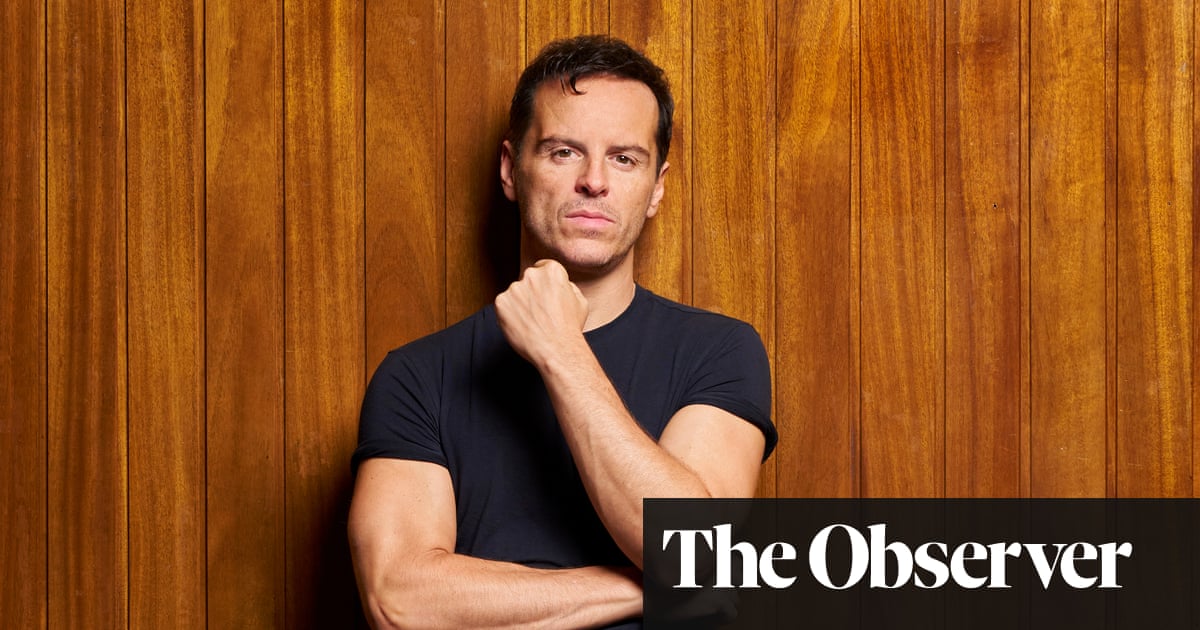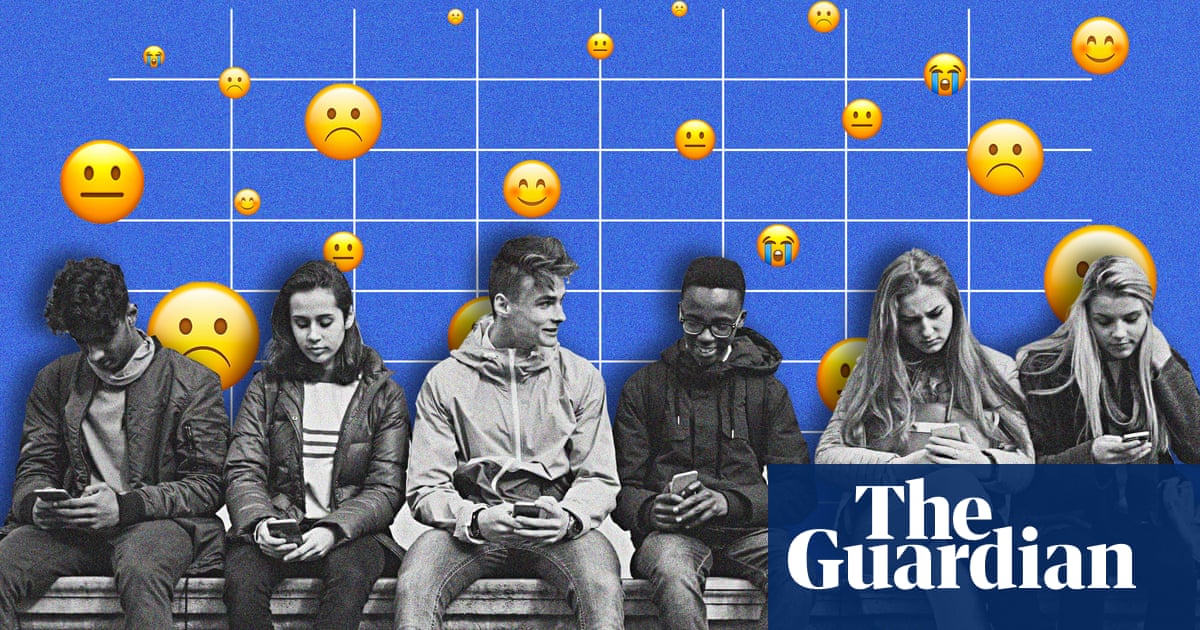
ccording to the health secretary, Matt Hancock, over the coming weeks people over the age of 70 may soon be asked to stay at home for up to four months to protect themselves from the risk of contracting coronavirus (although Scottish officials stressed that this wouldn’t mean avoiding all contact). I understand, of course, why Hancock has suggested that elderly people may have to self-isolate: they are among the most vulnerable members of the population, with the mortality rate for those in their 70s who contract Covid-19 estimated at 8% – jumping to 15% for those over 80.
We know we can’t rely on professional carers to fill the gap as £7.7bn has been cut from adult social care since 2010
But how are elderly people supposed to cope? Many already have complex medical needs that must be attended to. Many already have to deal with social isolation on a daily basis and have depression as a result. Many need more human care and contact than they already have, not less.
The daily or weekly visit from a family member or a walk to the shops may be the only human interaction that some have. As we already know, we can’t rely on care workers to fill this gap as £7.7bn has been cut from adult social care budgets since 2010.
Advertisement
And what this will mean for those over 70 years old who are still working? Implicit in the idea that elderly people should self-isolate for an extended period of time is the assumption that they’re no longer economically active. I have just made a radio programme with one distinguished author over the age of 70 and am currently editing an essay by another brilliant writer who is over 70. Both, I would say, are far smarter and on the ball than I am. Will those still reliant on a wage be forced to try to make do with sick pay?
This proposal risks ostracising a section of the population that does not get enough sympathy or support as it is. There is both distaste and resentment towards elderly people: as the baby boomers who profited; as those placing an increasing stress on the health service and as a drain on resources. This has come into focus in recent days with #boomerremover trending on Twitter, making light of coronavirus as a useful way to “clear out” some much-despised baby boomers – those born between 1946 and 1964. None of us want to get old or die – and we don’t much like elderly people reminding us of what lies ahead.
We need a fundamental shift in our attitudes towards the elderly and ageing. I, for one, am going to miss my older friends and relatives if they are asked to self-isolate. I like their company, their breadth of experience, their insights into the past and perspective on the present. And I am going to miss my father deeply when he is no longer alive. In fact, I do not know anyone as brilliant and funny as he is. If we genuinely care about diversity, then the older generation is central to the mix of life and society.
People won"t get "tired" of social distancing – the government is wrong to suggest otherwise
Nick Chater
Read more
We are all in this together. Let the younger members of the population put themselves in quarantine where necessary, whether working from home or reducing social contact as recommended by Boris Johnson in yesterday’s press briefing. Let us encourage our elderly friends and relatives to stay home and offer to do shopping or other tasks where we can. Some efforts are being made: one initiative, launched in Cornwall, invites people to put postcards through their neighbours’ doors offering help to anyone who is self-isolating – be it with their shopping or just a friendly phone call.
For my part, I will continue to visit my 88-year-old father, but will be sure to take all necessary precautions. While the prospect and consequences of his isolation are not easy to contemplate, I understand these concerns must be balanced with the vulnerability of his health. I fear, however, that this proposal will only cement existing prejudice towards elderly people and make them more unpopular than they already are.
• Jo Glanville is a journalist who writes on society and culture












